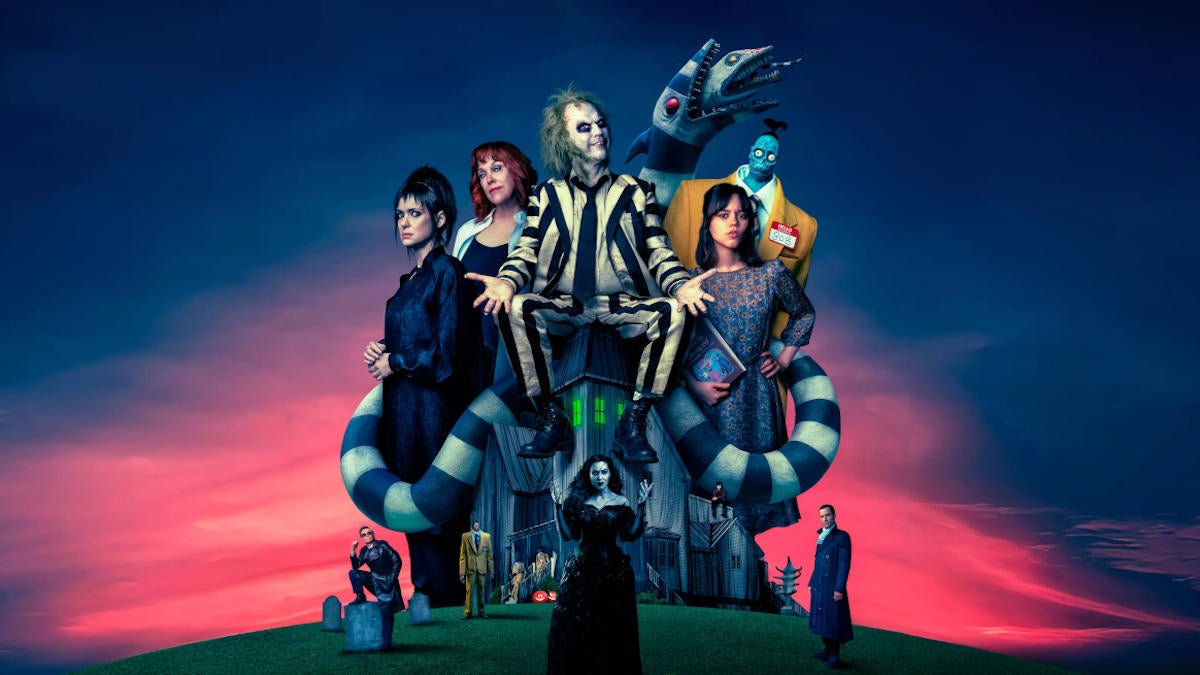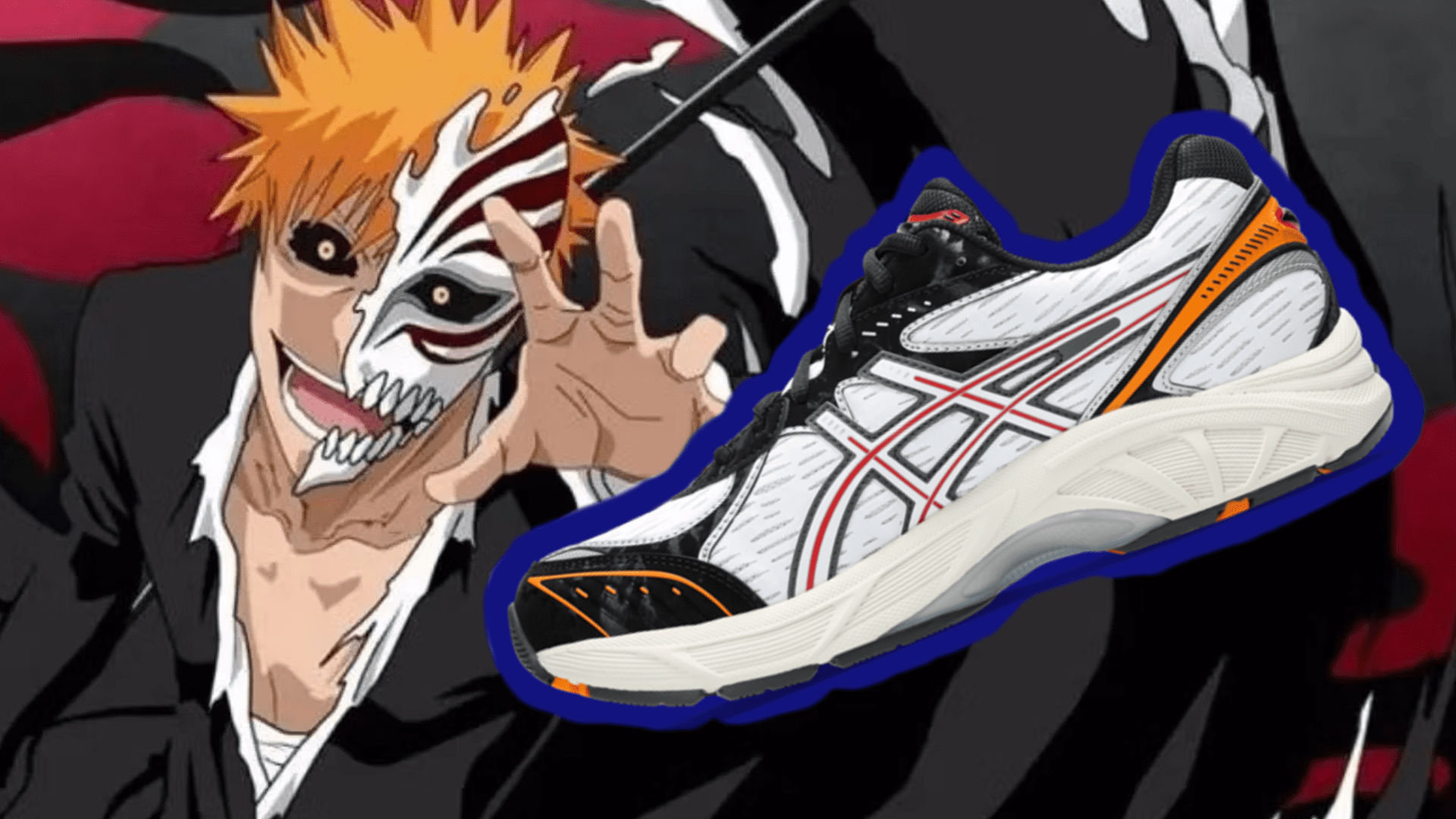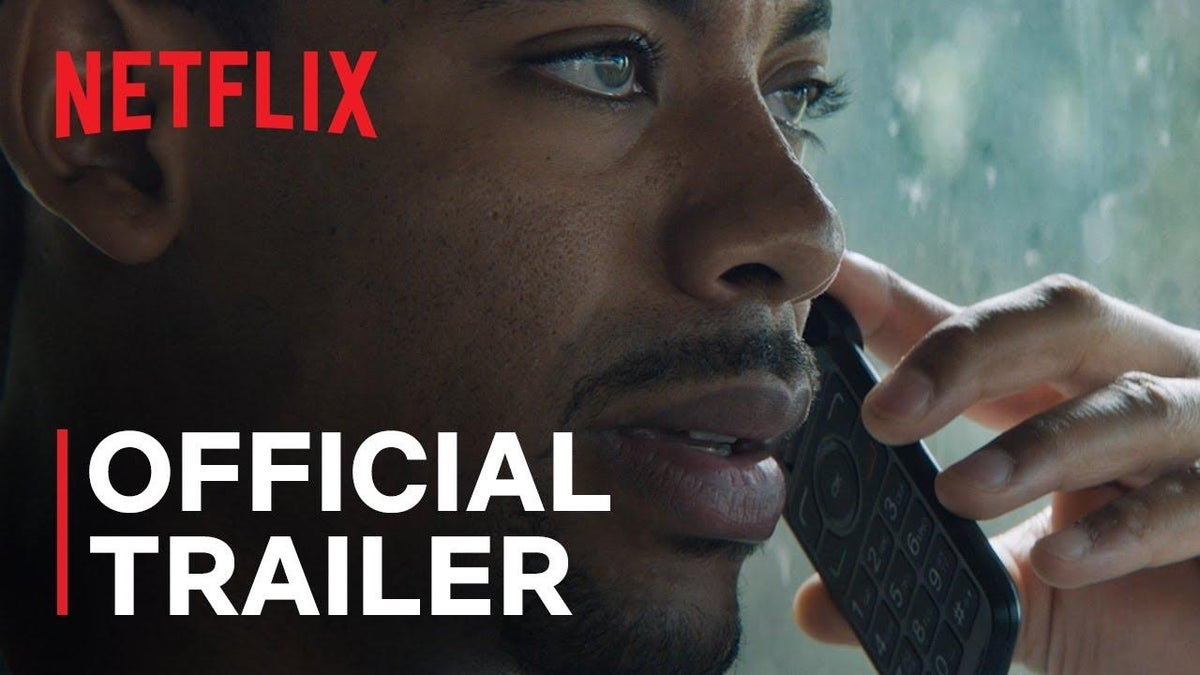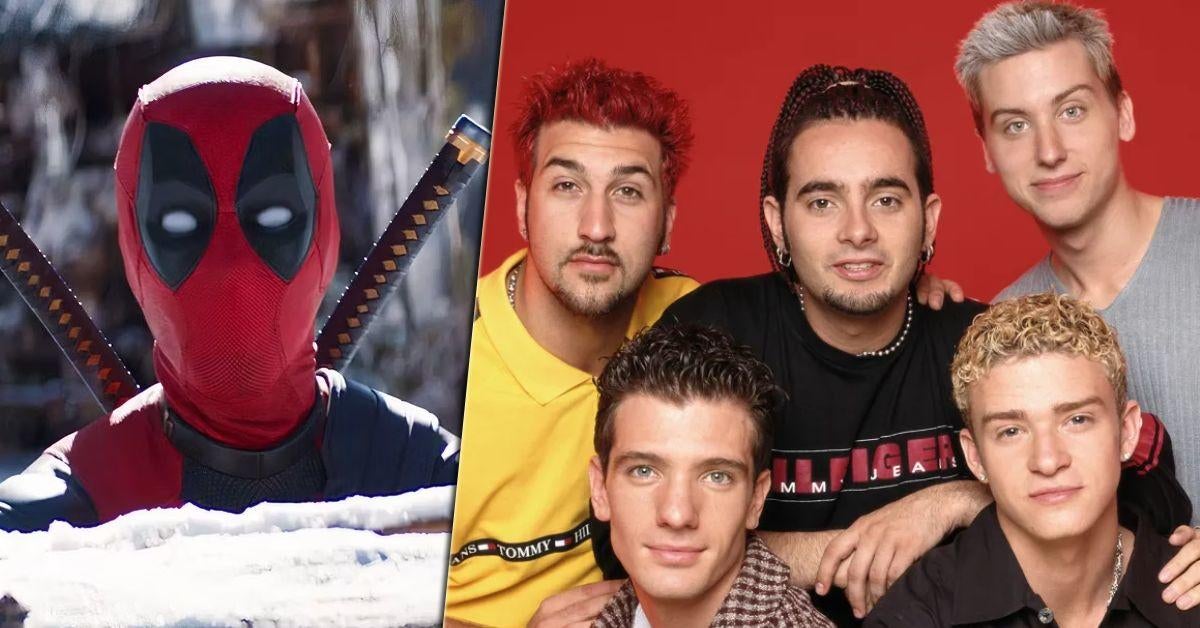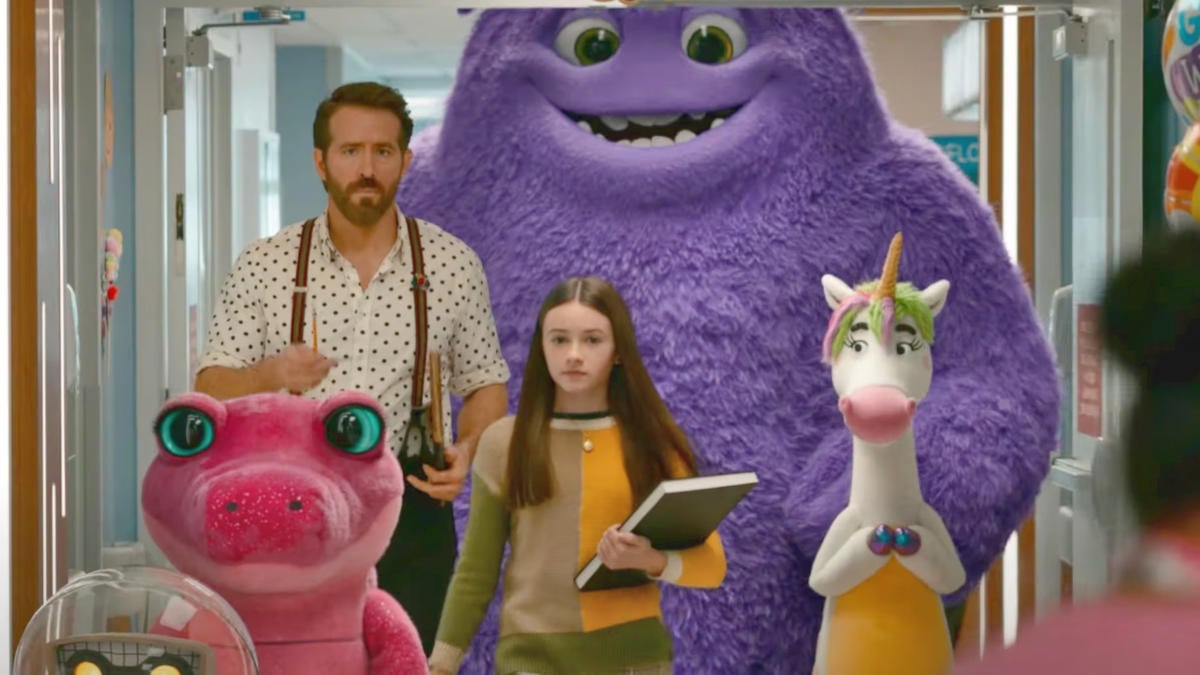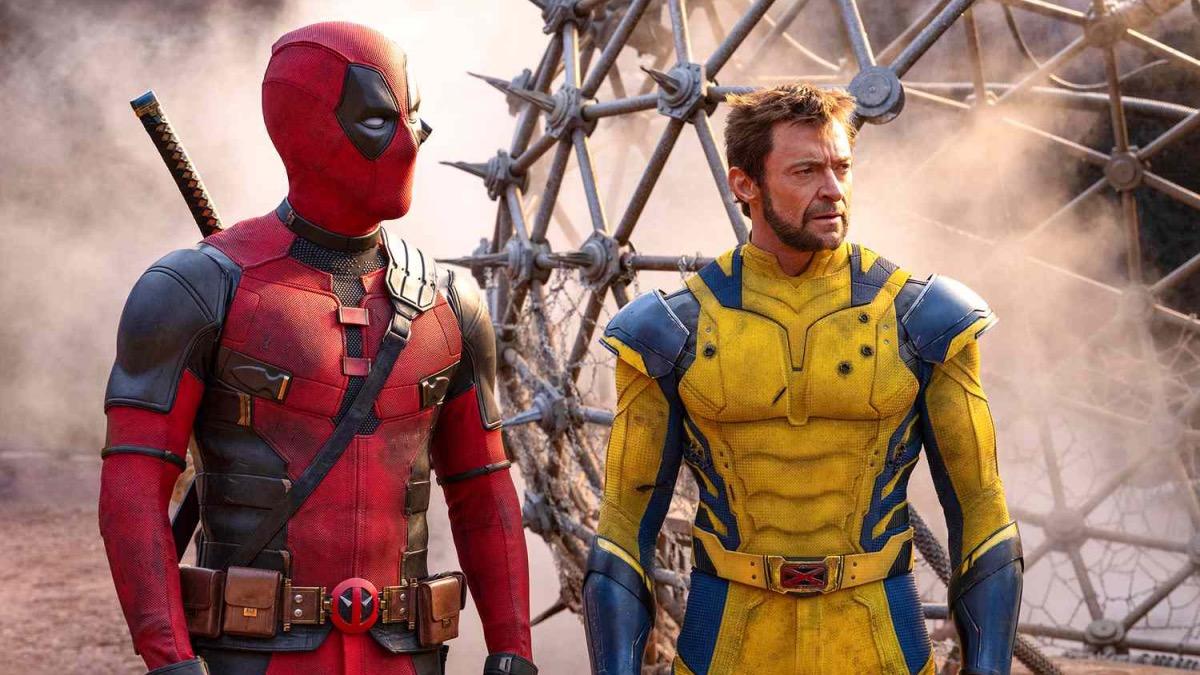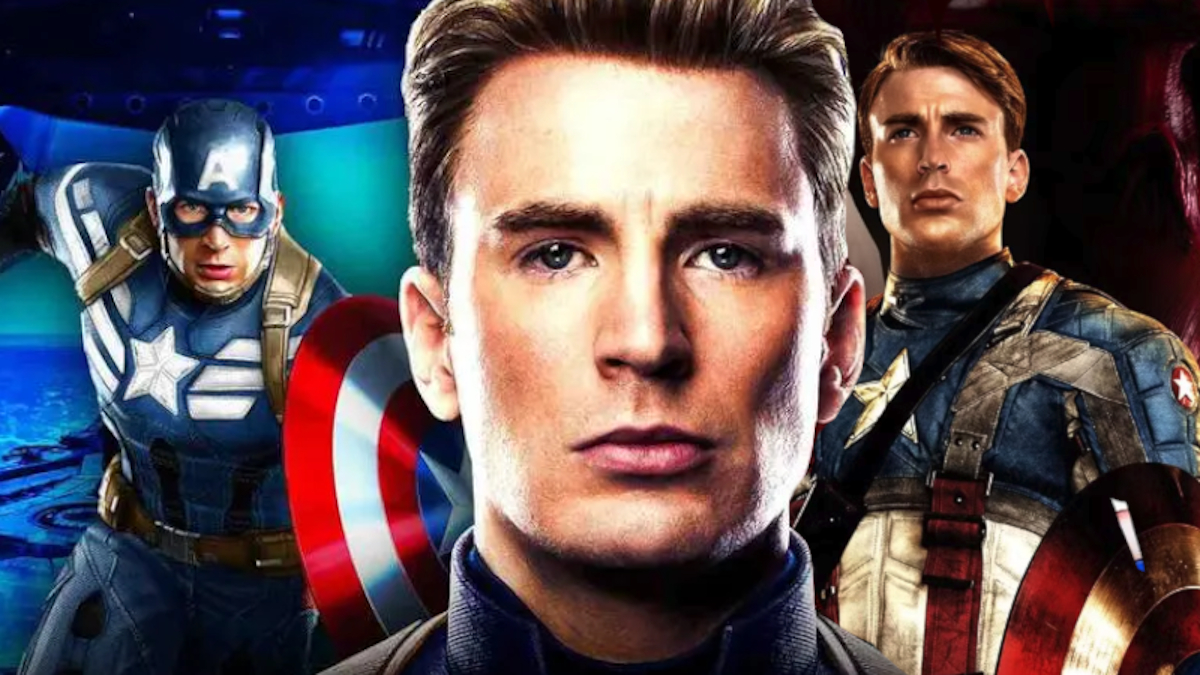Is Beetlejuice 2 worth the long wait? Read our review of the sequel!
Beetlejuice Beetlejuice is the long-awaited sequel to Tim Burton’s 1988 cult classic, and there’s been one question hanging over the sequel since it was announced: can it ever match the uniquely demented magic of the original? The answer is not a simple yes or no, but rather a muddled mix of recaptured magic and weighty life concerns that make it hard for death to seem as fun, anymore.
The story of Beetlejuice Beetlejuice picks up in real-time, 36 years after the original film’s events. Lydia Deetz (Winona Ryder) has turned her extrasensory perception of the dead into reality TV fame, at the cost of her marriage and her relationship with her daughter Astrid (Jenna Ortega). Death follows the Deetz family closely (as does Lydia’s personal demonic stalker) – leading to several tragic events and a funeral that finally forces Lydia, Astrid, and Delia Deetz (Catherine O’Hara) to reconnect.

Catherine O’Hara, Jenna Ortega, Winona Ryder, and Justin Theroux in ‘Beetlejuice Beetlejuice’
– Warner Bros. Pictures)
However, when the Deetz Family returns to their summer home in Winter River for funeral services, the ghostly forces around that place are stirred up again. When Astrid finds herself drawn into the realm of the dead, Lydia has to do the unthinkable and reach out to the one person she’s been trying to avoid for decades: Betelgeuse (Michael Keaton). However, the “Ghost with the Most” has his own problems, including a soul-sucking ex-wife (Monica Bellucci) on the hunt, and a wily ghost detective (Willem Dafoe) on his trail.
The original Beetlejuice has largely endured the test of time because it is truly one-of-a-kind. The subject matter – teen angst, dark visions of the afterlife, romance, and a completely unhinged antagonist – was a combination that only Tim Burton could pull off – but times have certainly changed, and so has Tim Burton. Therein lies the issue with Beetlejuice 2: the film represents Burton rediscovering something core and essential in his filmmaking – however that same youthful spirit of creativity can’t help but be weighted down by the hardships and concerns of an older, more experienced adult.
In terms of production, Beetlejuice 2 is both Burton pulling off a significant return to form, and showing off new talent for filmmaking gained over the years. It’s equally true that Burton and Michael Keaton haven’t lost a step: Keaton’s scenes as Betelgeuse are the highlight of the sequel – though a lot of viewers may forget, in their nostalgia, that Keaton had limited screen time in the original, and the same is true with this sequel. The same is true of Burton’s vision of the afterlife and mythos: it’s a return to a familiar and darkly funny vision of death but also gets weighted with more serious moments that feel in conflict with Burton’s irreverent and campy take on gore and horror.
It’s in trying to wrangle together the stories of Astrid, Lydia, and Deila Deetz that screenwriters Alfred Gough and Miles Millar (with a story by Seth Grahame-Smith) really run into trouble. Beetlejuice Beetlejuice is both overwrought and overweight in trying to craft arcs for all three generations of Deetz women. It’s clear that Burton’s strongest connection is to Delia and the themes of aging, loss, and trying to remain artistically relevant in changing times; Ryder’s older version of Lydia is very much a vessel for the angst and emotional turmoil of a former Gen X Goth-turned-modern parent (Burton is a father of two children in their teens and twenties, respectively). However, Jenna Ortega’s Astrid feels more like a plot device than a fully-formed character, largely inaccessible and far more demure (sorry!) than Ryder’s Goth-girl oddball in the original. It’s a curious misstep since Ortega and Burton created one of the most Burton-esque characters in years with their Netflix series Wednesday (an Addams Family spinoff). Those hoping for more of Ortega’s eccentric or dynamic side might be disappointed to find how muted her character is, here.

Winona Ryder (Lydia Deetz) & Michael Keaton (Betelguese) in ‘Beetlejuice Beetlejuice’
– Warner Bros. Pictures)
As stated, Beetlejuice 2 is overwrought and overweight – and that criticism extends to the bigger supporting cast of characters. Willem Dafoe’s Wolf Jackson is certainly a welcome addition, as Dafoe is a shameless scene-stealer (as well as a sideshow distraction from weaker plot elements). On the other hand, Justin Theroux’s (The Leftovers) Rory and Monica Bellucci’s (Matrix Reloaded) Delores are shoehorned in to create relationship drama that the film simply didn’t need. How Burton handles the death of Charles Deetz (once played by actor Jeffrey Jones) will split viewers, but the film had to deal with it, given both the premise and the context of Jones’ absence, and does the best it can.
It will be interesting to see how Beetlejuice Beetlejuice lands with viewers who never watched or appreciated the original – if it will be a fun, demented, ride that sends them back to the original film. For the fans who have been waiting decades for Beetlejuice 2 to happen, that original demented fun is still there to be found – but notions of death lose their Goth-romantic shine as we get older, and it is impossible to ignore the mess death leaves behind for the living to deal with. Burton can’t quite reconcile those two conflicting views of death and what comes next, but thanks to genuine efforts of Keaton and the rest of the cast, he can still make us laugh at death, just a little.
Rating: 3 out of 5 Stars
Beetlejuice Beetlejuice is now playing in theaters.
